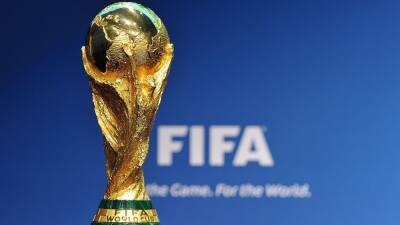Commentary: Why the ‘Putinisation’ of sport must no longer fool the world
ECULLY, France: At the 2018 FIFA World Cup in Russia, there were 60,000 Chinese fans in attendance even though their national team hadn’t qualified for the tournament. By comparison, there were only 15,000 England fans, who eventually saw their team make the semi-final stage.
One reason for this can be traced back to events at the 2016 UEFA European Championship in France, when a group of well organised Russian football hooligans attacked England fans in Marseille. Some observers speculated that these Russians had links to the Kremlin hence many English fans subsequently feared for their safety should they head to the 2018 World Cup.
Yet for the relatively small number of English who visited Russia, indeed for many other people from around the world, they left and headed for home in 2018 with very positive views of the country. Many extolled Russia’s virtues as a hospitable, safe country that had organised a very successful event.
Therein lay a number of important lessons about Russia, one of which is that the country has a very different relationship with China and with other countries from outside the Western alliance. However, it was the way in which Vladimir Putin’s government deployed sport that was more striking, seemingly a duplicitous cocktail of shock and awe combined with charm and seduction.
This template has been apparent for years indeed it has been evident even during the last couple of months. Back in 2014, Russia staged the Winter Olympics in Sochi, spending US$60 billion on the stage-managed event. As the world looked on at the event’s magnitude, a matter of weeks later Putin ordered the annexation of Crimea.
At this year’s Winter Olympics, most sport fans spent the first week marvelling at the performances







